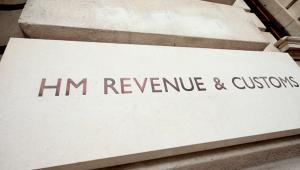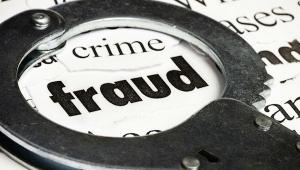This is half of the overall £34bn tax gap reported by HMRC in 2013/14, the difference between the amount of tax that should be collected each year and the amount actually taken in.
Auditors said in 2014/15 HMRC reported it raised an additional £26.6bn in revenue from all its compliance work, including work to tackle tax fraud.
However, the tax collection agency only has partial data on how much of the total yield is derived from its work to counter tax fraud.
Today’s Tackling tax fraud report estimated that between 30% and 40% of total compliance yield is generated by HMRC’s anti-fraud activities, but this is based on partial evidence.
Auditor general Amyas Morse said reducing the £16bn lost annually was “not straightforward”.
He added: “HMRC has met its targets to raise more tax revenue in the short term. It now needs to consider whether its overall strategy is designed to achieve the best long-term outcomes.
“We will be evaluating HMRC’s performance in tackling different types of tax fraud in more depth. As we do so, we will be looking for further improvements in the way HMRC uses data and analysis to understand the effect of its actions in both the long and short-term.”
HMRC assesses that two groups – smaller businesses and criminals – are responsible for 17 of the 21 biggest tax fraud risks. Of these, eight relate to organised crime and nine involve medium-sized, small or micro-businesses.
Responding to the report, Public Accounts Committee chair Meg Hillier said it was “staggering” that £16bn is still lost to tax fraud every year.
“Time and time again we hear that government departments don’t have the data or information that they need to plan or evaluate their activities properly, despite them being responsible for setting up these projects or programmes in the first place.
“HMRC is no different in this respect. HMRC needs to use the powers and sanctions it has to make a public example of those who break the rules.”












